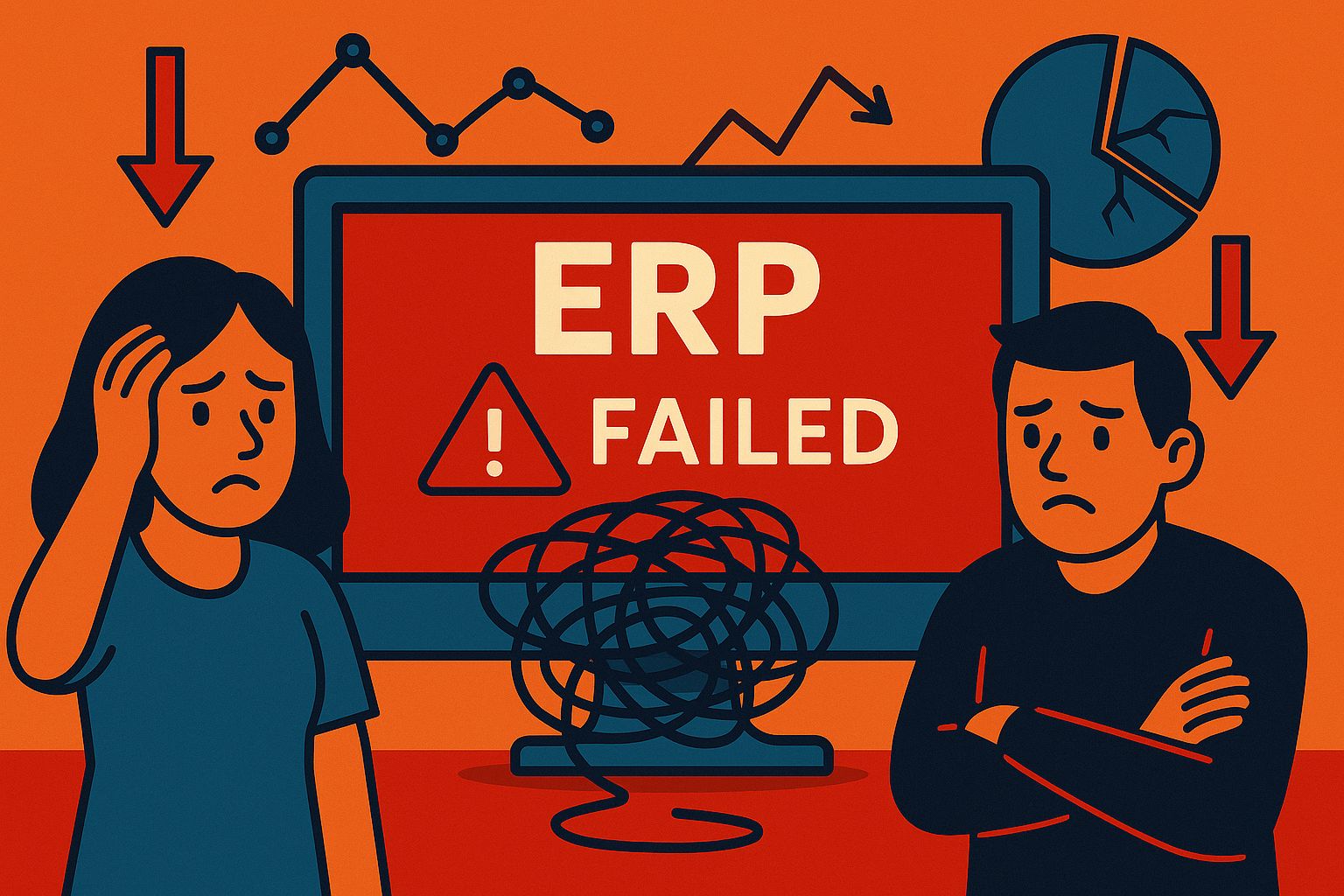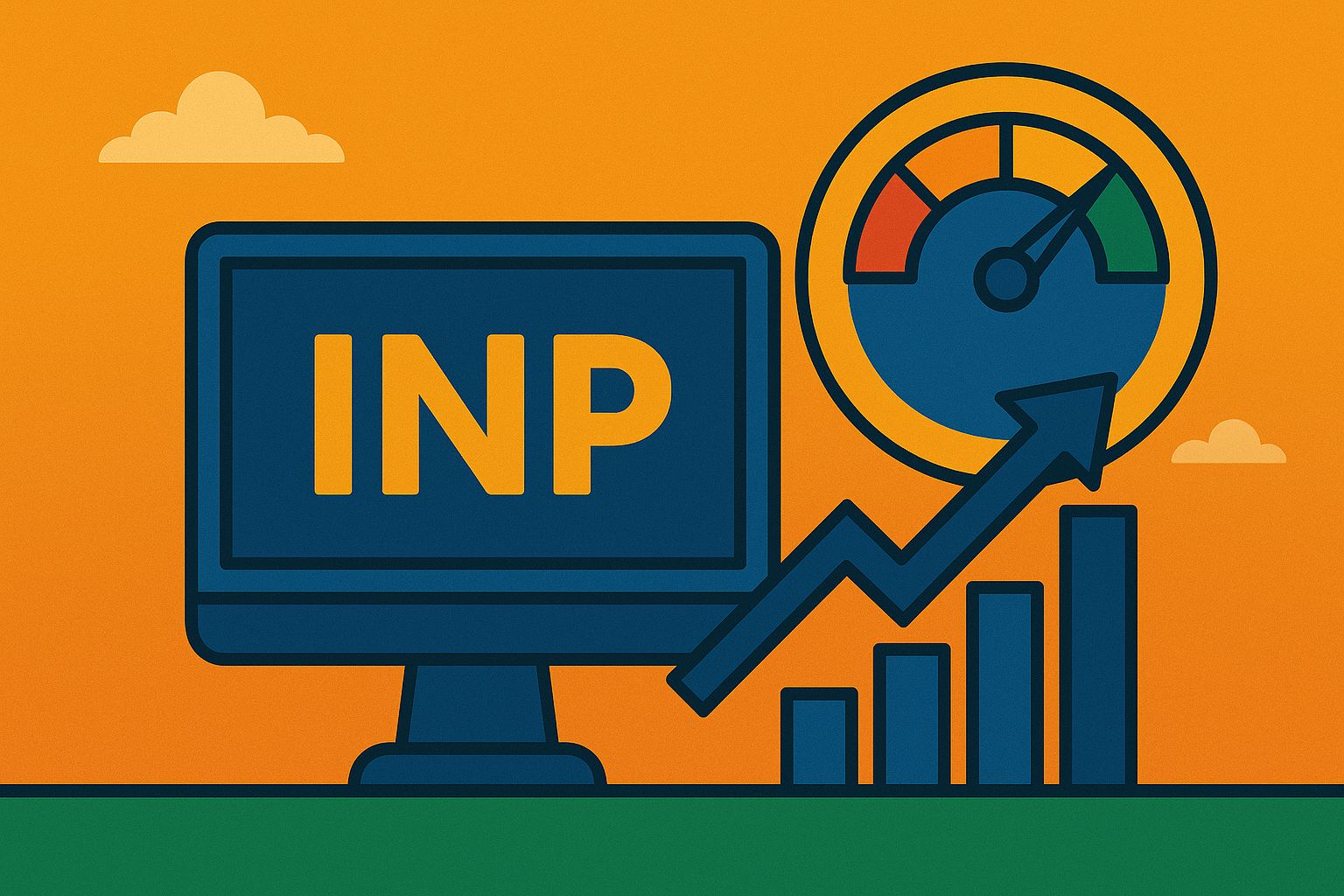The reasons as to why those ERP implementation failed is the actual mystery. ERP implementation failure happens when ERP initiatives experience some sort of problems, do not meet anticipated performance level, or simply do not succeed. ERP is critical to the management of companies and business processes. ERP assists in enhancing the quality of decisions, efficient use of resources, fast response to customer interactions, improved compliance and support, and optimal decision making. It connects various departments that have its resource and various technologies within an organization.
Some of the reasons that lead to ERP failure include; unrealistic expectations, no support from executives, lack of proper organization change management, absence of vision and support from executives, ineffective project management of ERP, poor planning, and failure of training of employees. In this article, we will come to discover the cause of failure and what your organization can do to avoid the pitfalls that may lead to failure.
1. Unrealistic Expectations
The first primary cause of failure of ERP projects can be attributed to the fact that most organizations have unrealistic expectations. Technology is dynamic and evolves with time which in effect puts a mirage of hope to organizations that they can easily gain business value and easily adapt to the software and all forms of technologies.As we have seen, ERP software has the potential of bringing spectacular improvements to an organization. The problem lies in the fact that, most organisations do not understand how far it is from where we are now to where with technology we could be. This leads to organisations restraining and slowing down on success factors that are crucial to ensure their projects are successful especially when they discover that the project will take longer time, resources and money hence eradicating ERP project success. To ensure this the following measures can be put in place to ensure that the partner’s suggestions on a time frame and a budget together with software vendor and system integrator is a reality ERP failure can be eliminated by the following steps; they are important to dedicate resources, time and budget towards the ERP project.
2 . Lack of Executive Support
One of the other reasons why ERP projects fail is the lack of support from the management. This is possible because it may provoke the organization’s incoherence and insufficient focus on funding problems. This means that the absence of top management support results in poor departmental cooperation and collaboration that hampers the success of the project. The effectiveness of a corporate operating model and achievement of strategic objectives will be adversely impacted if sufficient funding time and resources cannot be secured which is likely to cause ERP project failure. Executive has to act in focus to influence and eliminate obstacles towards reaching consensus and drive the organization. Organizing a monthly steering committee, which should not only cover project updates but also talk about specific issues that require an executive’s attention in the form of a decision will minimize the ERP project failure.
3. Poor Organizational Change Management
A typical reason why ERP projects fail is because organizations do not pay adequate attention to change management. Lack of attention or resources from management regarding the changes that are made to create new procedures can seriously affect daily business. This deficit wasn’t trained, lack of clear communication was not this father leading to the confession of using the new system to counter this risk, to develop any change management plan before starting your ARP project and then to muster the courage open communications so that the employees can adjust to better new processes to prevent the failure of the ERP.
4. These Include Poor Project Management and Planning
Lack of planning is among the most significant reasons why ERP initiatives fail in the first place, they usually fail to realize that implementing an ERP system requires not only IT initiative but also a social one. Consequently, the implementation process of this tool will require multiple departments and data sources. It’s complicated and. If planning is not proper it can burden the team rather easily. Another factor contributing to failure rates is not analyzing requirements to deeper enough. This may lead to firms not documenting their needs equally, that is, they may fail to take note of many features not meeting business needs hence bringing up issues after the system rollout. Here, it is crucial to prepare a detailed project plan based on inputs received from all the departments that will define the needs of the oil company; goals and objectives help to keep the process on the right track and identify the issues that hinder the implementation of ERP systems before it is too late.
5. Failure of Employee Training
Last but not the least inadequate training plays a very crucial role in the failure of ERP projects as well. The majority of organizations suppose staff will adjust swiftly without needing assistance, a misguided approach! Widgets will not be able to leverage complex ERP systems if they are not trained enough. ineffective training usually leads to a poor training plan; where solutions are not offered in any plan and employees just give up and do not want to use it at all. Lack of strong uptake could result in operational problems or even compel the companies to shift away from using their ERP completely. This challenge can be avoided by having the developer comprehensive training strategy as part of your ERP implementation; engage the relevant departments and make sure that every employee has everything he or she needs to succeed in using the new system effectively; this will go a long way in eliminating ERP failure.
Conclusion
There are several reasons why ERP projects can turn out to be unsuccessful; however, there are also equal numbers of steps that can be taken to make the project successful. By identifying problems from the beginning and if you have to take appropriate action high fails such as not understanding causes behind your conventional failure you raise your transport effective results significantly. Ensure that you estimate for costs involved and formulate schedules with the possibility of hitches in mind-That way you are better prepared for expected hitches or for overall budgeting corresponding with hitches or adjustments.





